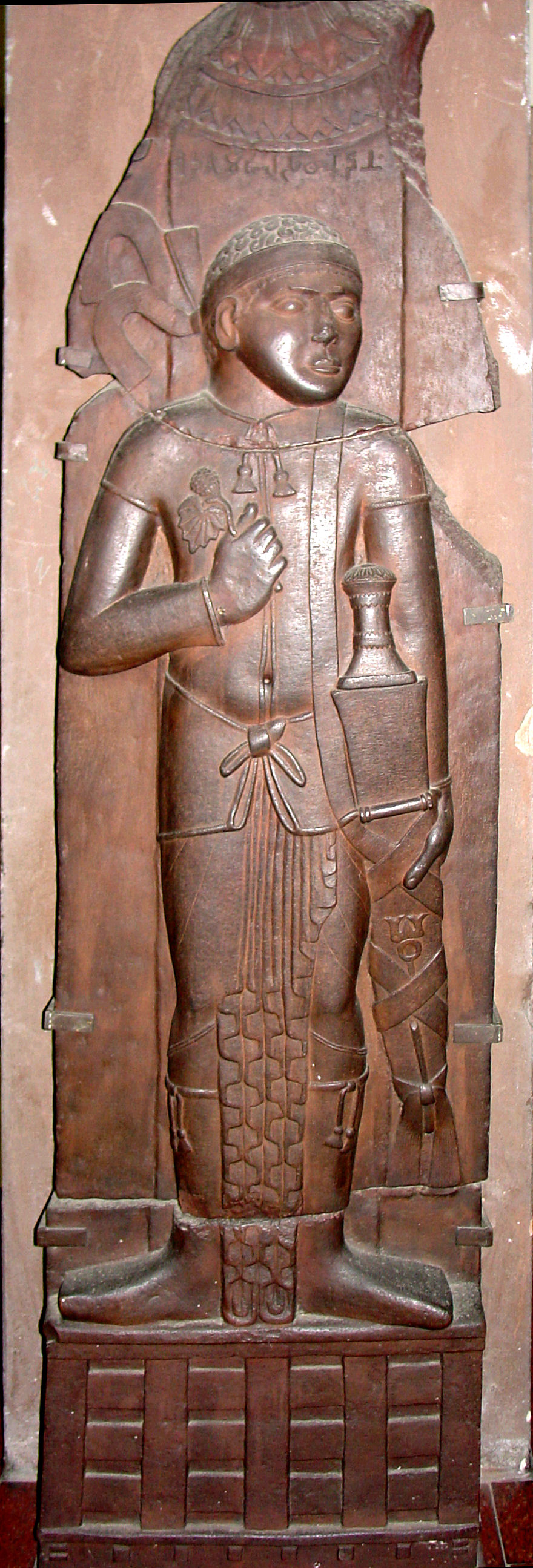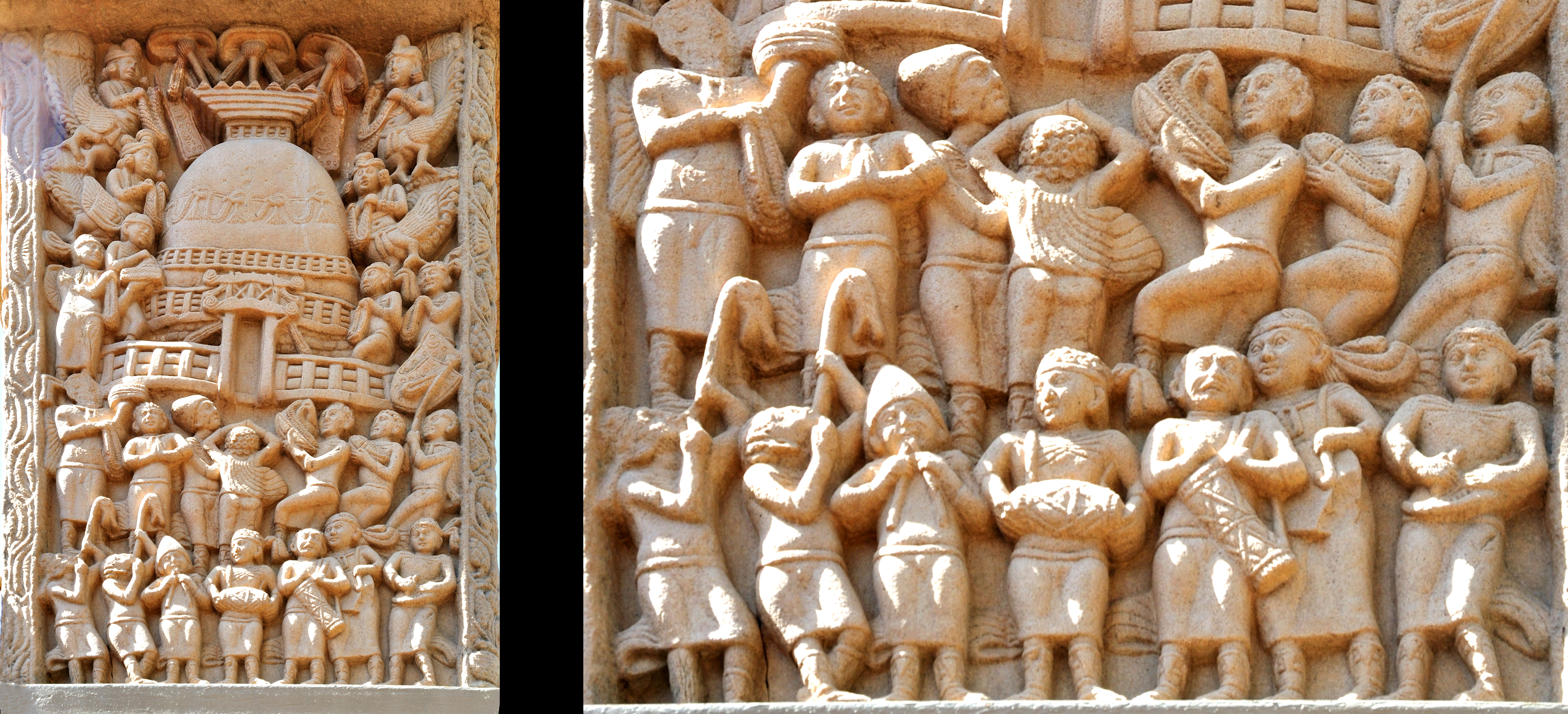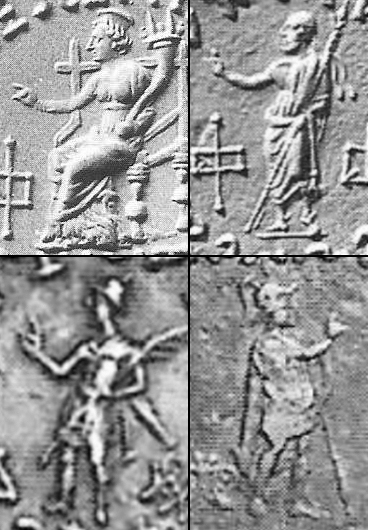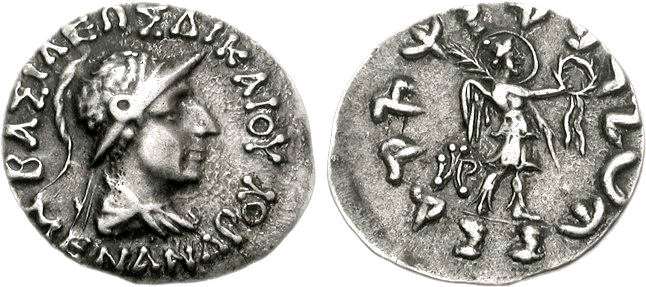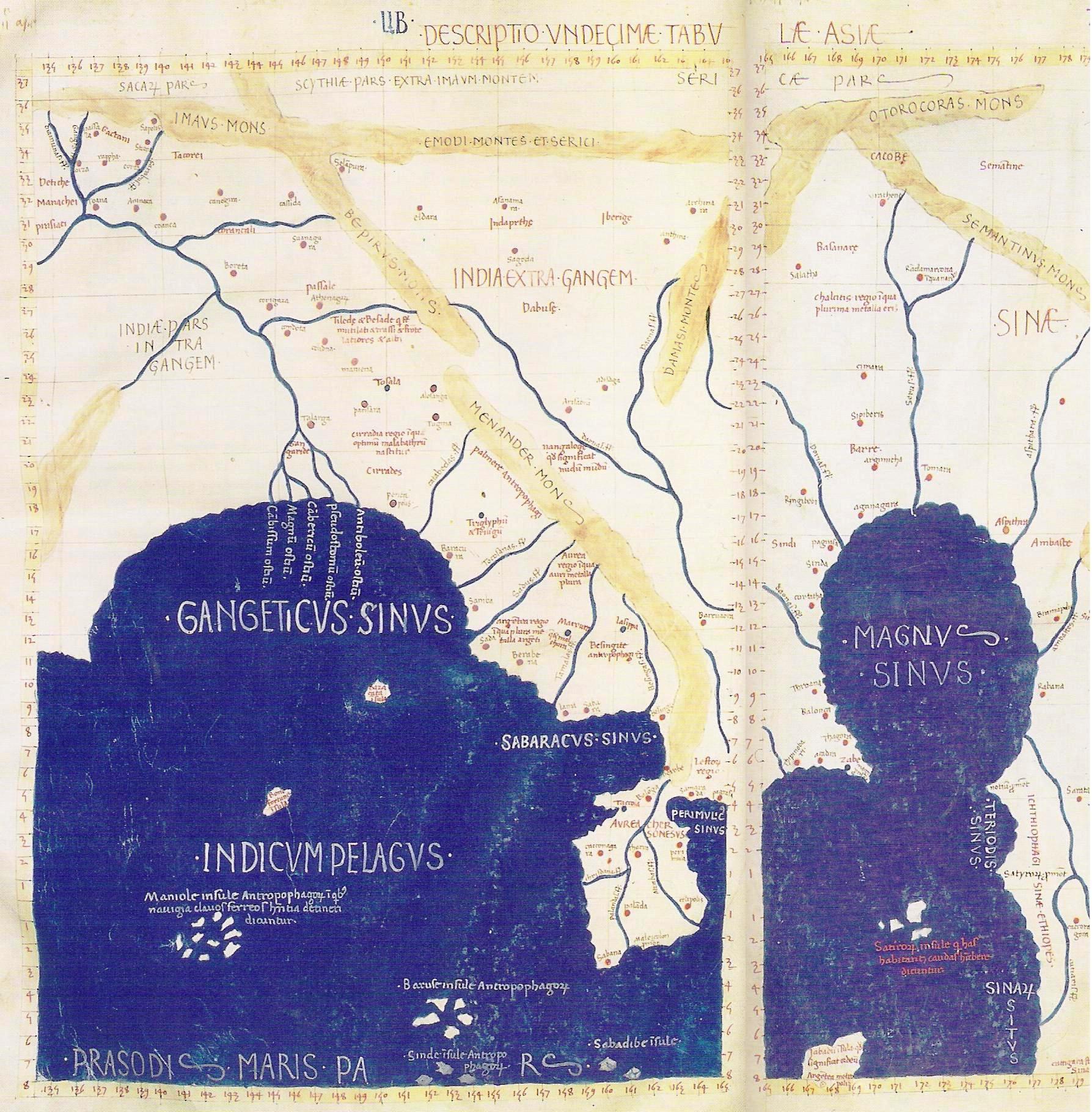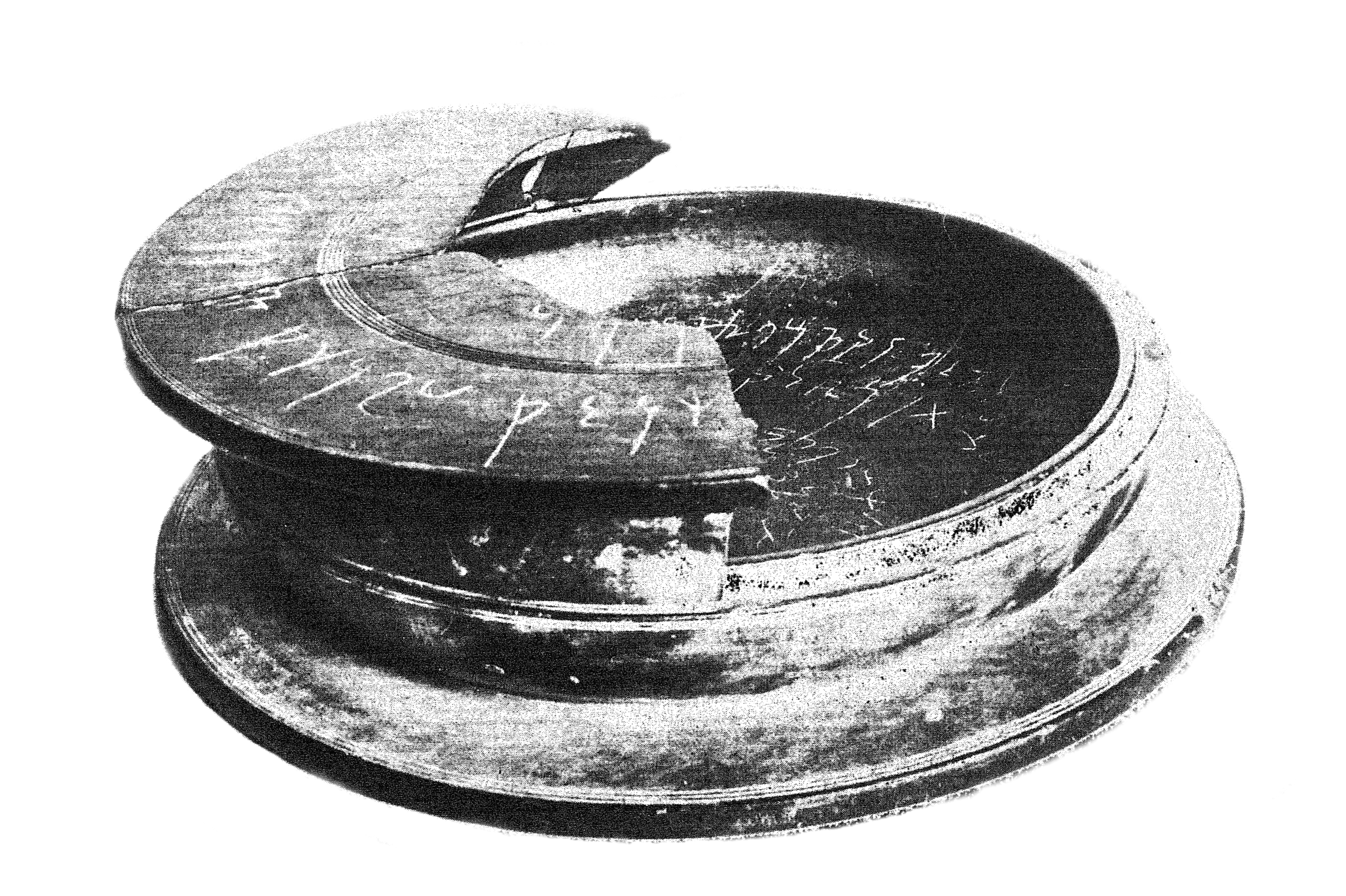Menander, Indo-Greek king, active 2nd century B.C.
Enlarge text Shrink text- Milinthapanha. Thai. Milinthapanha, 1919:p. 8 (Phrachao Milin; Phraya Milin)
- Smith, V. A. the early history of India, 1914:p. 225 (Menander; had his capital at Kabul whence he issued about 155 B.C. to make the bold invasion of India; has been immortalized uner the name of Milinda in a celebrated dialogue, entitled 'The Questions of Milinda,' which is one of the most notable books in Buddhist literature)
- Encyc. Brit., 15th ed.:v. 15, p. 142 (Menander (2nd century B.C.) the greatest of the Indo-Greek kings and the best known to western and Indian classic authors, was born in a village called Kalasi "not far from Alasanda" (Alexandria of the Caucasus)) p. 143 (name has survived in Buddhist literature as Milinda (the other Indian forms of his name are Minedra and Menadra), is known from the Pali work Milindapanha ("The Questions of Milinda") as the Yavana king who was converted to Buddhism by Nagasena after a long and intelligent discussion)
Menander I Soter (Ancient Greek: Μένανδρος Σωτήρ, romanized: Ménandros Sōtḗr, lit. 'Menander the Saviour'; Pali: Milinda), sometimes called Menander the Great, was a Greco-Bactrian and later Indo-Greek King (reigned c. 165/155 –130 BC) who administered a large territory in the Northwestern regions of the Indian Subcontinent and Central Asia. Menander is noted for having become a patron and convert to Greco-Buddhism and he is widely regarded as the greatest of the Indo-Greek kings. Menander might have initially been a king of Bactria. After conquering the Punjab, as far as Taxila, he established an empire which stretched from the Kabul River in the west to the Ravi River in the east, and from the Swat River valley in the north to Arachosia (the Helmand Province). The Greek geographer Strabo wrote that he "conquered more tribes than Alexander the Great." Ancient Indian writers indicate that he possibly launched expeditions southward into Rajasthan and as far east down the Ganges River Valley as Pataliputra (Patna) though he failed to retain these conquests. Large numbers of Menander’s coins have been unearthed, attesting to both the flourishing commerce and longevity of his realm. Menander was also a patron of Buddhism, and his conversations with the Buddhist sage Nagasena are recorded in the important Buddhist work, the Milinda Panha ("The Questions of King Milinda"; panha meaning "question" in Pali). After his death in 130 BC, he was succeeded by his wife Agathocleia, perhaps the daughter of Agathocles, who ruled as regent for his son Strato I. Buddhist tradition relates that he handed over his kingdom to his son and retired from the world, but Plutarch says that he died in camp while on a military campaign, and that his remains were divided equally between the cities to be enshrined in monuments, probably stupas, across his realm.
Read more on Wikipedia >
 Personality
Personality



